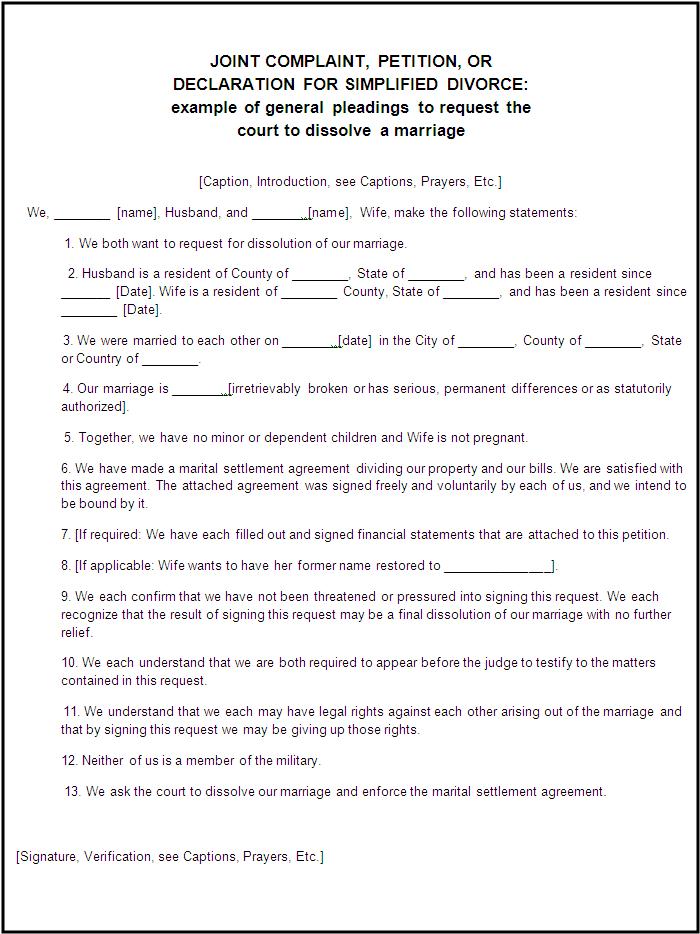
In fact, personal freedom to spend what you want, when you want and how you want is the major reason couples keep things separate. The biggest benefits to keeping things separate, according to Byron Ellis, certified financial planner with United Capital Financial Advisers, are really non-financial. Not sure which is best for you and your significant other? Here, we asked financial experts to share the pros and cons to keeping finances separate in marriage.

“Each party has authority to deposit or withdrawal without the knowledge of the other party and all living expenses are then paid out of this joint account,” Wheeler adds. “Often when couples go this route, they divide their living expenses and decide who will pay certain bills.” Combining finances, on the other hand, translates to “yours and mine” in the same account. “When keeping finances separate in marriage, each party has their own bank account, and their spouse does not have access to it,” says Wheeler. The major decision that you should make upfront, and ideally before you say “I do,” is whether to combine your finances or keep them separate. While not the most romantic of topics, knowing how each other feels about handling finances overall will help you solve potential problems down the line, explains Suzanne Wheeler, certified financial transitionist and senior wealth advisor. It revolves around finances and how you two plan to handle them throughout your lifetime together-and whether combining your bank accounts or keeping finances separate in marriage is right for you.

Among the exciting conversations you and your soon-to-be spouse will have about your future marriage is one that’s a tad more sober and serious, albeit extremely important.


 0 kommentar(er)
0 kommentar(er)
